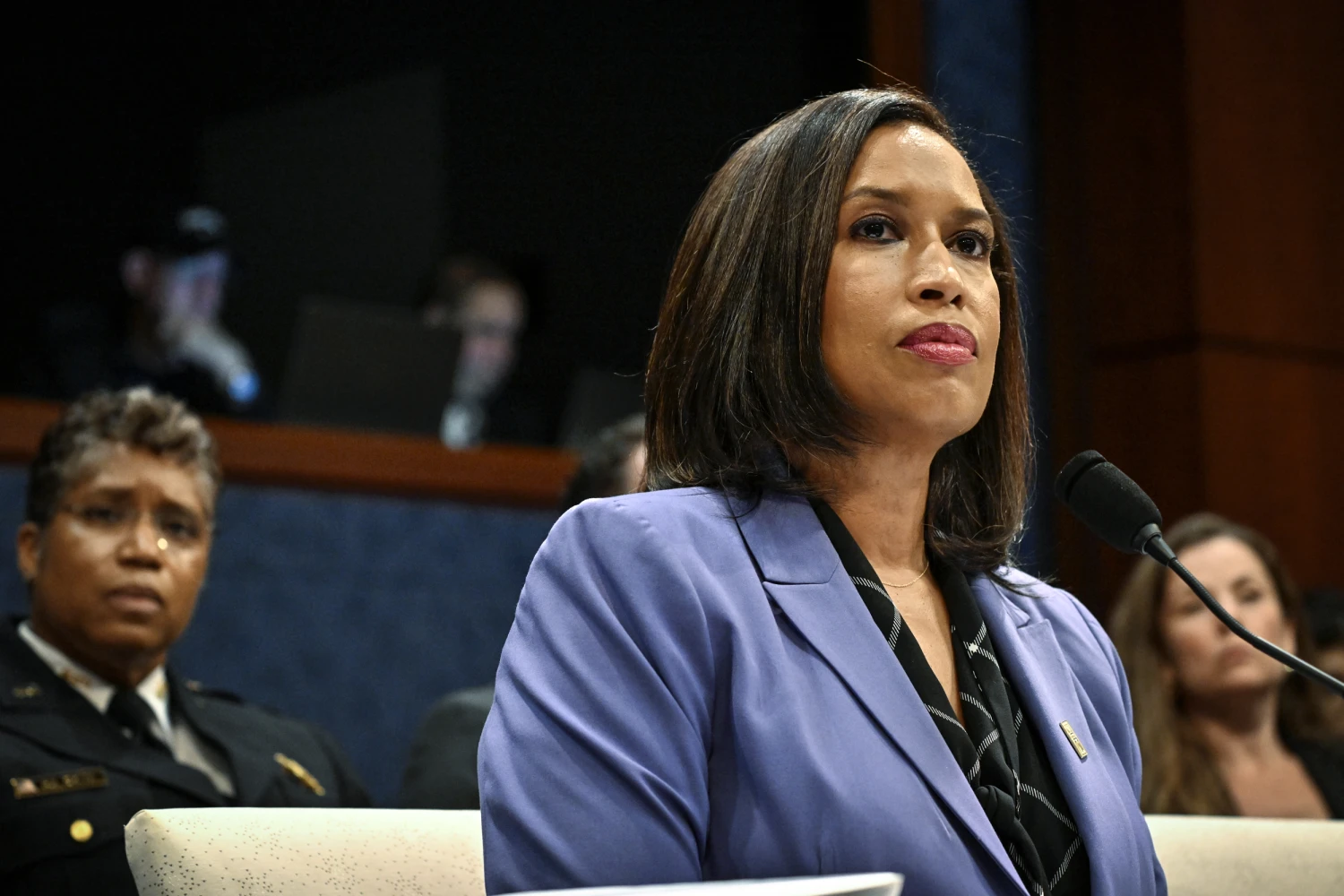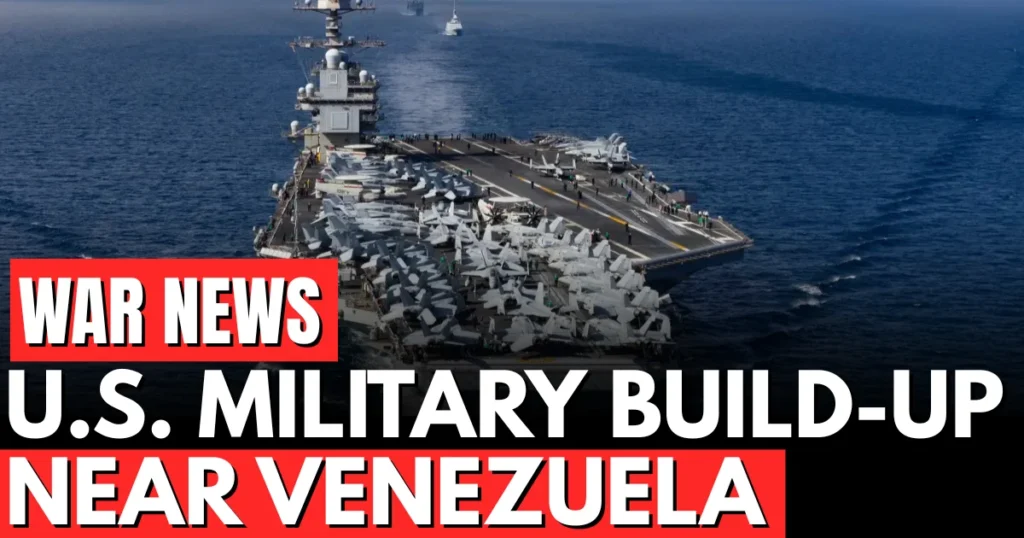Washington DC Mayor Muriel Bowser confirms she won’t run for another term. Explore her legacy and what this means for the capital’s future. Read more now.
Table of Contents
Washington DC Mayor Muriel Bowser Confirms She Will Not Seek Re-Election
The nation’s capital is preparing for significant political change. Mayor Muriel Bowser has officially announced she won’t pursue another term in office, ending an era that shaped Washington DC through some of its most turbulent and transformative years.
Bowser Makes Her Decision Official
After months of speculation, Mayor Muriel Bowser put all rumors to rest. She confirmed that her current term will be her last as Washington DC’s chief executive.
The announcement marks the end of a mayoral tenure spanning multiple terms. Bowser has led the District through unprecedented challenges and significant achievements.
Her decision immediately sparked conversations about who might succeed her. The DC mayoral race just became one of the most watched local elections in America.
A Look Back at the Bowser Era
Muriel Bowser first took office with ambitious goals for the District. Her administration prioritized several key areas:
- Affordable housing initiatives — Programs aimed at keeping residents in gentrifying neighborhoods
- Public safety reforms — Efforts to balance policing with community concerns
- Economic development — Attracting businesses and investment to the capital
- Infrastructure improvements — Modernizing city systems and services
Her tenure wasn’t without controversy. Critics challenged various decisions throughout her time in office. Supporters credit her with navigating the city through extremely difficult periods.
The Pandemic Leadership Test
No discussion of Bowser’s legacy can ignore the COVID-19 pandemic. The health crisis tested every American mayor, but leading the nation’s capital brought unique pressures.
Bowser faced decisions that attracted national scrutiny:
| Challenge | Response |
|---|---|
| Business closures | Implemented phased reopening plans |
| Public health mandates | Balanced safety with economic concerns |
| Federal coordination | Navigated complex relationships with Congress |
| Vaccine distribution | Organized citywide vaccination efforts |
The pandemic years defined many mayoral legacies across America. Bowser’s handling will be debated by historians and political analysts for years.
Crime and Public Safety Debates
Perhaps no issue generated more controversy during Bowser’s tenure than public safety. Washington DC experienced fluctuating crime rates that sparked intense political debate.
Residents expressed frustration over violent crime in certain neighborhoods. Business owners worried about property crimes affecting their livelihoods.
Bowser attempted to balance multiple demands:
- Police funding decisions — Navigating calls for both reform and increased resources
- Community programs — Investing in violence prevention initiatives
- Legislative battles — Working with the DC Council on criminal justice policies
- Federal intervention threats — Responding to Congressional oversight attempts
These challenges will likely influence how voters evaluate potential successors. Public safety consistently ranks among top concerns for District residents.
Economic Development Under Bowser
Washington DC’s economy transformed significantly during the Bowser years. The city attracted major employers and saw substantial real estate development.
Key economic indicators during her tenure:
- Commercial development — New office buildings and mixed-use projects
- Residential construction — Thousands of new housing units built
- Business attraction — Companies choosing DC for headquarters
- Tourism recovery — Rebuilding visitor economy after pandemic losses
However, economic gains weren’t distributed equally. Affordable housing advocates argued development often displaced longtime residents. Small business owners in certain corridors struggled despite overall growth.
The next mayor will inherit both the benefits and challenges of this economic trajectory.
What This Means for DC Politics
Bowser’s exit creates a wide-open mayoral race. Several potential candidates are already generating buzz among political observers.
The Democratic primary will likely determine the next mayor. Washington DC remains overwhelmingly Democratic, making the primary the de facto general election.
Potential factors shaping the race include:
- Name recognition — Which candidates have citywide profiles?
- Fundraising ability — DC races require substantial resources
- Ward politics — Different neighborhoods have distinct priorities
- National attention — The capital’s mayor always faces unusual scrutiny
Political consultants and campaign strategists are already fielding calls. The race to succeed Bowser begins immediately.
Possible Contenders Emerge
While no official announcements have followed Bowser’s decision, speculation focuses on several figures:
Current Council members represent one obvious candidate pool. Several have built citywide profiles through legislative work.
Former officials who previously sought the office might try again. Past mayoral candidates sometimes succeed on subsequent attempts.
Business and civic leaders could bring outsider appeal. Some voters prefer candidates without traditional political backgrounds.
Advocacy figures from various movements might see an opening. Housing, criminal justice, and education activists have passionate followings.
The field will likely clarify in coming months as potential candidates test the waters.
National Implications of DC Leadership
Washington DC’s mayor holds unusual significance beyond typical local politics. The position involves constant interaction with federal government operations.
Congress maintains oversight authority over District affairs. This creates tensions that every DC mayor must navigate carefully.
The next mayor will face familiar challenges:
- Statehood advocacy — Continuing the push for DC representation
- Budget autonomy — Fighting for local spending control
- Federal property issues — Managing a city filled with government buildings
- Security coordination — Working with multiple federal agencies
National political figures pay attention to DC mayoral races. The winner joins a small club of leaders managing America’s capital city.
Bowser’s Final Months in Office
With her political future decided, Bowser can focus on finishing her term. Outgoing executives often pursue legacy-cementing initiatives during final months.
Potential priorities for Bowser’s remaining time:
- Completing ongoing projects — Seeing current initiatives through
- Budget preparations — Setting up her successor financially
- Staff transitions — Ensuring smooth handoffs across agencies
- Policy consolidation — Locking in administrative achievements
Lame-duck periods can be surprisingly productive. Without re-election concerns, mayors sometimes take bolder actions.
FAQs
How long has Muriel Bowser served as DC mayor?
Muriel Bowser has served multiple terms as Washington DC’s mayor, first taking office in January 2015. Her decision not to seek re-election ends what will be over a decade of leadership by the time her current term concludes.
Why did Bowser decide not to run again?
Mayor Bowser has not detailed extensive personal reasons for her decision. Politicians often cite desires to pursue other opportunities, spend time with family, or simply conclude their public service after lengthy tenures in demanding positions.
When will the next DC mayoral election take place?
Washington DC holds mayoral elections every four years. The Democratic primary typically occurs in June, with the general election following in November. Given DC’s political makeup, the Democratic primary winner almost always becomes mayor.
What are the biggest challenges facing the next DC mayor?
The next mayor will confront ongoing public safety concerns, affordable housing shortages, post-pandemic economic adjustments, and the perpetual challenge of managing a city under Congressional oversight without full statehood rights.
Can DC mayors serve unlimited terms?
Washington DC does not impose term limits on mayors. Muriel Bowser could have legally sought re-election. Her decision to step aside was personal rather than legally required, making this a voluntary end to her mayoral career.
Conclusion
Mayor Muriel Bowser’s announcement reshapes Washington DC’s political landscape immediately. Her tenure brought both accomplishments and controversies that will fuel debate for years.
Now attention shifts to who comes next. The race to lead America’s capital city officially begins, and ambitious politicians are certainly taking notice.
District residents will ultimately decide what direction their city takes after the Bowser era concludes.
Stay updated with our continuing coverage of the DC mayoral race. Drop your thoughts on Bowser’s legacy in the comments below.

